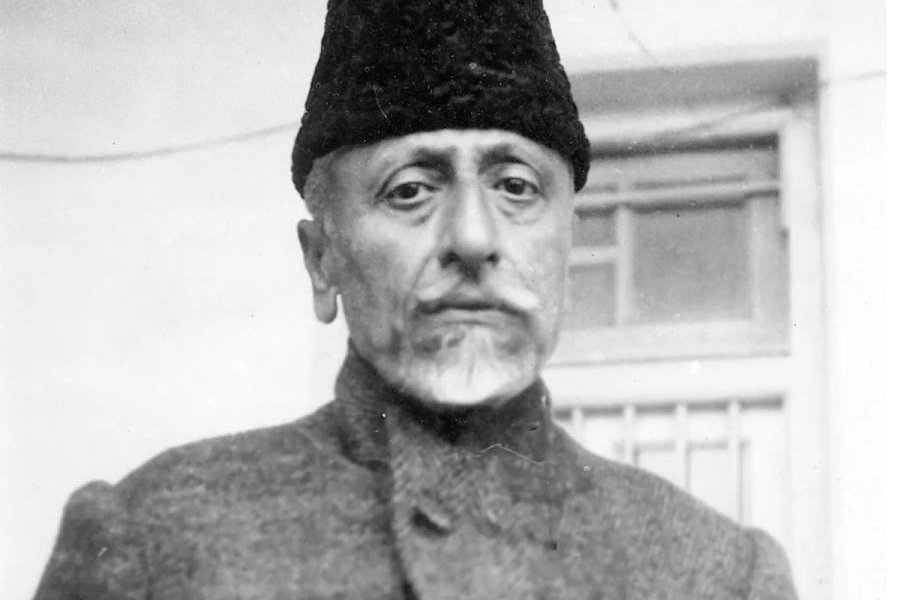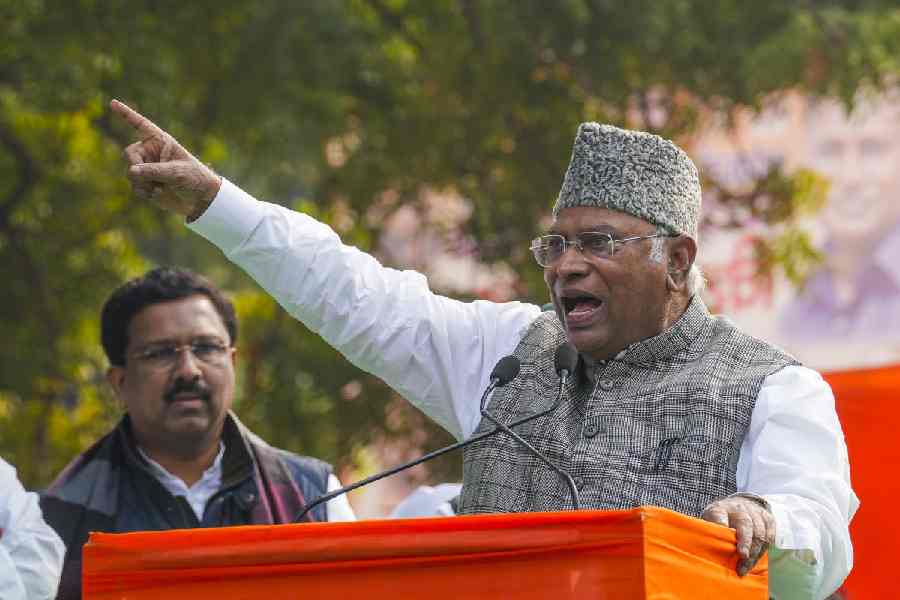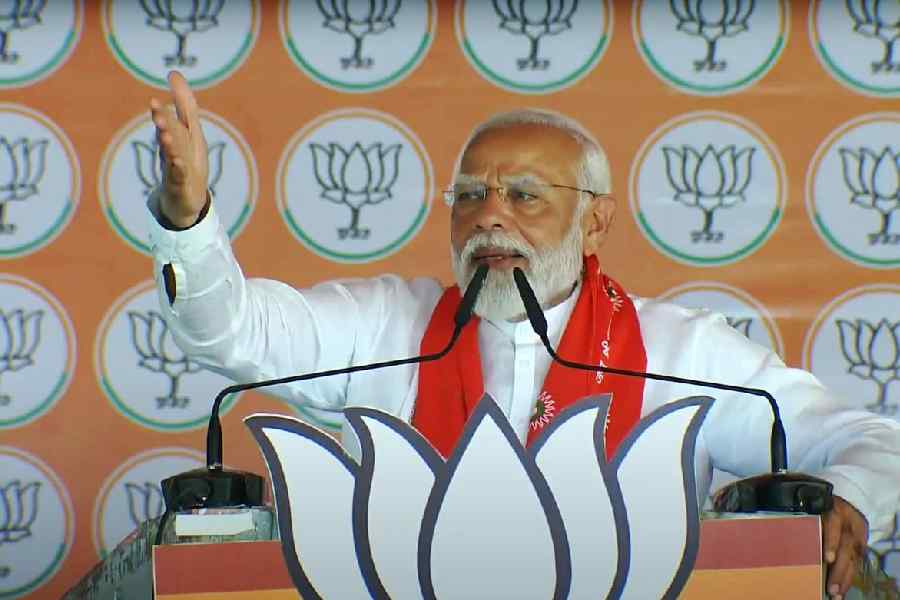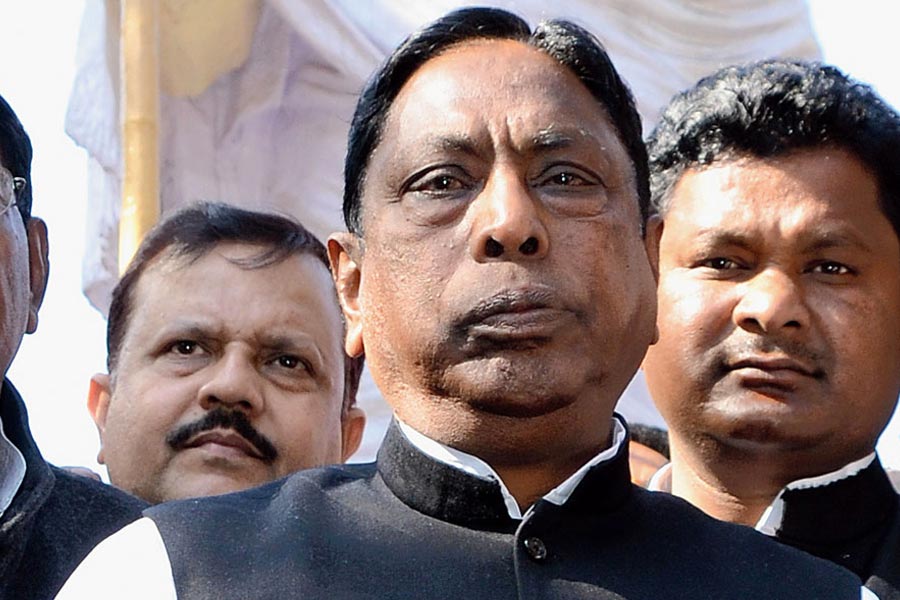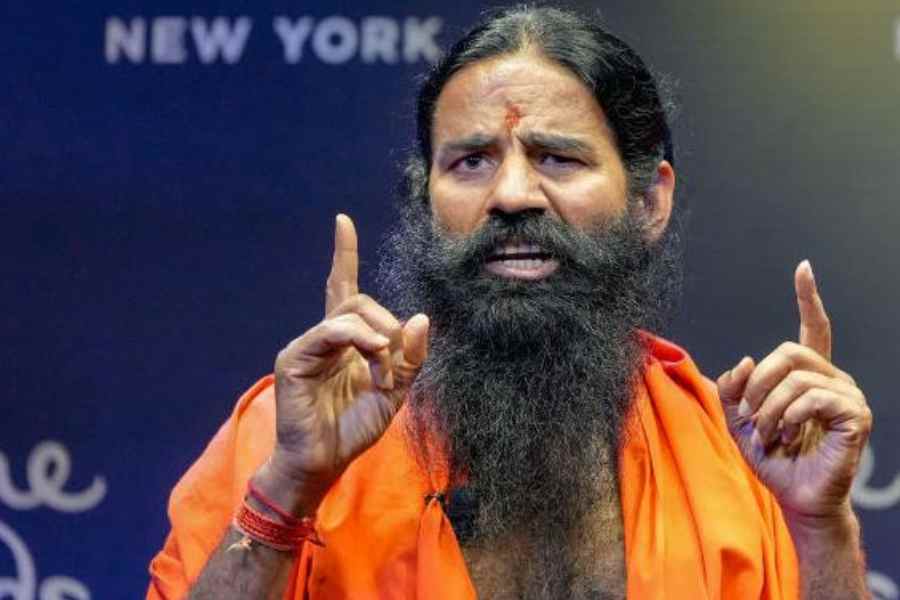Book: Maulana Azad: A Life
Author: S. Irfan Habib
Publisher: Aleph
Price: ₹899
S. Irfan Habib draws his readers’ attention to Maulana Abul Kalam Azad’s neglected work, Ghubar-i-Khatir (The Dust of Memories), devoting an entire chapter to it in this biography. According to Habib, Ghubar-i-Khatir, an apolitical miscellany of epistolary essays, is an imperative reading for a proper understanding of Azad’s uniquely versatile personality. Composed during his incarceration at the Ahmednagar Fort prison (1942-45), this unique collection reveals some of the less celebrated aspects of Azad’s towering, multifaceted personality. The essays encompass a wide gamut of personal themes: Azad’s love for tea, his interest in gardening and in ornithology, his passion for music and his philosophical musings on life and death. Habib affirms: “Ghubar-i-Khatir is an important text… which… introduces us to the versatility of Azad, and shows us his immense diversities.” He laments the lack of attention directed to this literary masterpiece.
Such interesting revelations made in a lucid style make Habib’s biography of Azad interesting for researchers and historians alike. Habib focuses on significant aspects of Azad’s life that have never been more relevant in contemporary India entangled in the politics of polarisation. He meticulously traces the roots of Azad’s family in the chapter, “The Early Years”, notwithstanding his admission that it is an arduous responsibility for any biographer to reconstruct a thorough account of Azad’s early life due to the paucity of evidence. Habib sensitises his readers to some of the key factors that shaped Azad’s liberal thinking — his dislike for “irrational hate” towards any allegiance; the formative influence of Maulana Khairuddin, the formidable Arabic and Islamic scholar; his ambivalent relationship with his father; the impact of the writings of the reformist and the educationist, Sir Syed Ahmad Khan; his journalistic endeavour, Lisan al-Sidq (Voice of truth), from Calcutta; his enrichment by the ideas of Syed Jamaluddin Afghani and the writings of Altaf Husain Hali; and, finally, his clandestine pursuit of music at a young age.
The second and the third chapters — “Maulana Azad and Critical Thinking in Islam” and “Azad, Islam, and Nationalism” — trace the dynamism of Azad’s independent thinking. Habib observes that his thinking and ideas provide a true “reflection on Azad’s unprejudiced view of the past as well as present, which includes his Islamic theological past as well.” Azad’s understanding of his faith was strikingly modern and enlightened, based on a prolonged process of introspection and soul-searching. In spite of being an outstanding Islamic scholar, he emerged as a freedom fighter who reiterated the concept of composite nationalism in order to implement his vision of an undivided India where all communities co-existed peacefully. He remained undeterred though his political stance earned him scorn and ostracism from leaders like M.A. Jinnah. Habib points out that “it was Azad’s vision of composite nationalism which kept India together for several decades after independence.”
The final chapter reveals Azad’s untiring efforts in the establishment of the Indian education system after Independence as minister of education, science and culture. He laid the foundation of a national system of education, marked by the setting up of the University Grants Commission, the founding of scientific and technological institutions, the promotion of adult literacy and cultural exchanges between India and the world through the Indian Council of Cultural Relations.
Habib pens his tribute to Azad’s free spirit and visionary zeal wonderfully: “Azad [and other of his ilk] were not merely political leaders but also scholars and men with vision… We need to understand Azad… not only in the context of Islam but also as a means to create conditions that are conducive to living happily together with ourfellow countrymen in one composite India.”

